Bridget Phillipson speech to the National Association of Head Teachers
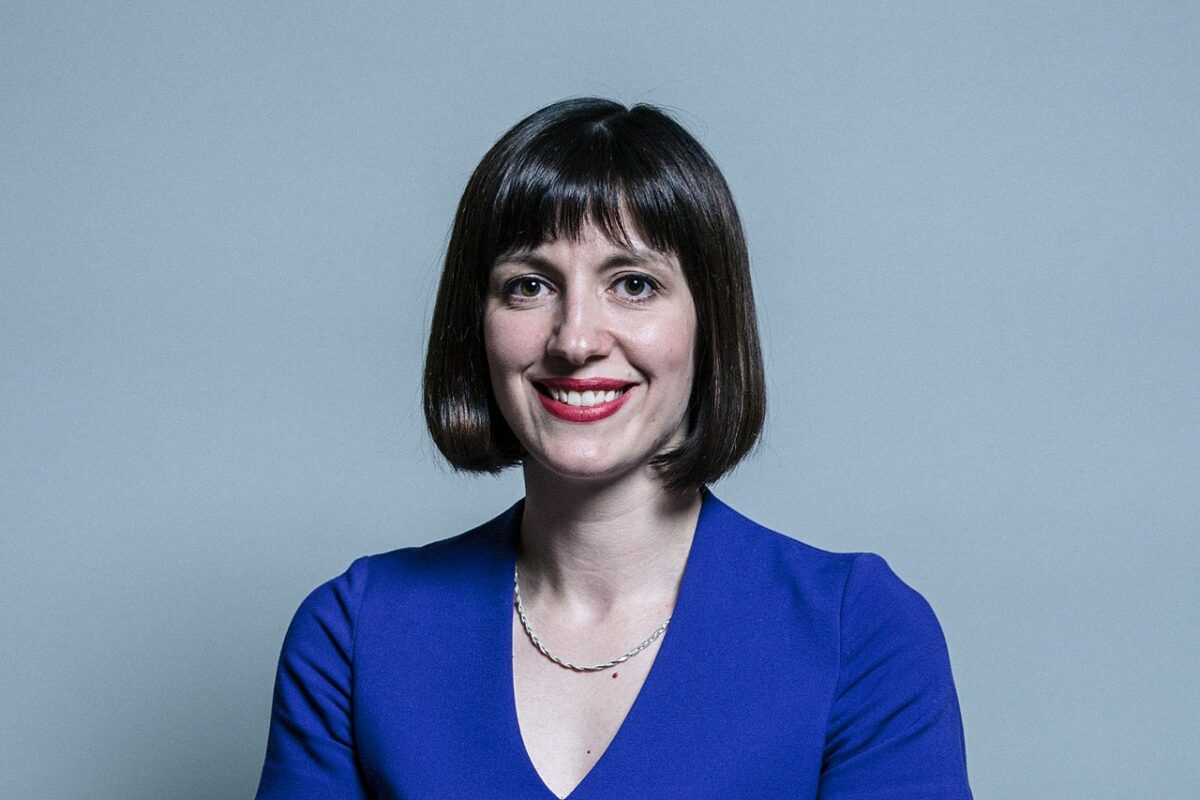
Speech to the National Association of Head Teachers, 30 April 2022
Thank you to Tim, Paul, and your team for making me feel so welcome today.
Paul, I want to pay tribute to you, in particular, for your leadership not just of the union but across education. Month after month you have been a constructive voice for heads, for schools, and above all, for children.
Conference, you are lucky to have him.
In years to come, when we look back on these extraordinary last two years,
NHS workers, and those both in our own country and around the world who developed vaccines so fast, will deservedly get much of the praise
But alongside them there should be a proud place, for all those who work in our schools and nurseries.
Headteachers, senior leaders, teachers, teaching assistants and indeed all the support staff. It is you who have kept young people going throughout extraordinary and difficult circumstances.
Who have supported their wellbeing. Stepped in when free school meals were not being delivered. Undertaken extra safeguarding checks for the children most at risk. Moved lessons online. Provided technology for those without. Helped your staff rise to challenge after challenge. Supported the most vulnerable. Turned your schools into testing centres. Dealt with the chaos of pandemic-era government policy on early years and nurseries.
Kept going when staff absences got above 10, 20, 30% – in some cases more. And provided stability and comfort not just for families but so often for teachers and staff.
In a time without precedent, it has been school leaders who have stepped up.
You have absorbed the stress of the community. Comforted bereaved families. Provided a safe space for reflection. And through it all, given each teacher and each group of children the best chance of continuing to learn. You deserve our heartfelt thanks. You have been true heroes. Thank you.
And it’s therefore a source of real sadness, and real frustration, that the government has made your life so much more difficult, and so much more stressful, by having to deal with a chaotic patchwork of promises and guidance: often at the last minute, often too late to pre-empt every school in the country having to make up their own policies.
When clear, focused, government leadership was needed in response to the pandemic there was a vacuum. They have failed to support your leadership. They are failing our children. No plan, no direction. No ambition.
That lack of ambition is clear in everything they do. It is even clearer from everything they fail to do. So when a clear, focused and ambitious plan for our children’s recovery was needed – nothing.
Sir Kevan Collins’ plan was rejected out of hand by a Chancellor who told us he had “maxed out” on support for our children.
A generation is being failed by a Prime Minister whose promises are hollow, and whose commitments are meaningless.
Time and again, for this government, our children are an afterthought.
It does not need to be like this.
If I had been Secretary of State then on the very day schools and nurseries closed to most children in March 2020, that was the day I would have started work on three plans.
An immediate plan, to support children’s learning and development remotely, and as fully as possible, while lockdown went on.
An urgent plan, to reopen schools safely and quickly, and once open again, to keep them open so children could learn together and play together.
And critically, a plan to ensure that when lockdown ended, children’s education and wellbeing did not suffer in the long term.
Labour set out a very clear plan for how we would do that. More than two years into the pandemic, and we’ve still not seen a plan to match ours from government. What we have is too little, too late, too fragmented, too badly delivered.
Sir Kevan Collins resigned in despair. Who can blame him? Even the government can’t bring themselves to call their programme a success.
But while the government ducks the challenge, Labour would rise to it.
We accept that responsibility. We would match, not temper the ambition of our young people.
If I were Secretary of State in a Labour government right now, you’d be seeing:
- breakfast clubs and new activities for every child: more sport, music, drama, book clubs, to boost time for children to play and socialise, after so many months away from their friends;
- quality mental health support in every school, because in every school I visit, both teachers and children want and need this now;
- small group tutoring for all who need it, not the disastrous spectacle of the National Tutoring programme delivering cutprice, outsourced, provision to empty classrooms;
- proper professional development for teachers, so after the toughest years of your careers teachers get the support you need to succeed and ensure our children achieve and thrive.
And another thing you’d be seeing right now: a real focus on the early years. We’d have pumped in investment, increasing the early years pupil premium more than fourfold, to drive up the quality, affordability, and availability of provision.
Early years childcare and education in this country is too often unaffordable, unavailable, inaccessible. The government is failing parents, failing providers, and failing children.
Because it’s in those first few years that the attainment gap opens up for our children. It’s also the first chance to step in and help in the lives of children who need that support.
You see that in schools, when it happens, and when it doesn’t. We all see that in our society. In power, Labour acted decisively to tackle that disadvantage, support families and children, and to close that gap.
A generation grew up with Sure Start, with Children’s Centres. A generation, like me, were supported after sixteen with Education Maintenance Allowance. I saw in my own community the difference those changes made. I see it in the lives of young people who grew up with that advantage, with the support it unlocked.
Twenty years later, the evidence around both attainment and early intervention is clearer and stronger than it was even then.
And yet too many children don’t have the chances they all should have. Too many children arrive at school already behind their peers.And why is that?
In these last twelve years child poverty has soared. It was rising before the pandemic, and Conservative choices are making it worse almost every day. The cost of living crisis we face today, is a crisis made worse in Downing Street.
It is piling extra costs on to families and children. Income tax thresholds frozen. Council tax up. National Insurance up. Energy prices soaring. Petrol costs through the roof. Food prices up. Universal Credit support slashed. Again and again we see this government making choices about taxation, about spending, and about action, that mean less money and less support for working people and their children.
The government through its own choices is driving the inequality which disfigures our society, damages our economy, and fails our children.
And we all see that that inequality gets worse as the years go on. Too many parents can’t afford breakfast clubs, after school clubs, extra activities. For too many parents the cost of those activities is more than they earn in that time. Denying children the opportunities and activities that complement classroom teaching, that give children the chance to play with friends and enjoy their learning, and which build resilience and social skills, the building blocks of a happy childhood.
That ongoing failure on childcare means the attainment gap gets worse. That is exactly what the Conservatives should be tackling. It is exactly what Labour would be tackling. Because you will all know that attainment gap. You see it every day. Nurseries see it opening up right at the start of children’s lives. Primary schools see it already wide when children arrive at four or five.
You all see it stubbornly staying put or widening as the years roll on. You see, in the communities you work and live in, the consequences that has.
For children themselves. For their families. For our society. The pandemic didn’t cause it, though it made it worse. A decade of political choices did.
Issues of attainment, behaviour and attendance don’t start and stop at the school gate. Supporting children at school is not a responsibility that stops when children get home. The Government’s choices are making life harder for children, for families, and for you and your staff in our schools.
And this failure to rise to the challenge, this poverty of ambition, this absence of any vision for our future. That has never been clearer than in the Conservatives’ Schools White Paper we saw last month. I know from having spoken to many of you that my reaction will have been the same as so many of yours.
Is that it? Is that really it?
The White Paper, and the SEND Review, were devoid of ideas. A commitment to teach the hours most schools already do. A commitment to support kids falling behind as teachers already do. And a target, quickly downgraded to an ambition, for more children to hit literacy and numeracy benchmarks.
But no plan. No means of delivery. Ambition, without those resources, without those plans, is hollow. On the real challenges facing our children, our schools and our leaders– standards, attainment, tackling disadvantage, skills, recruitment, retention, improving morale in the profession, encouraging more people to move up to headships.
On all of these, near silence.
To me and to Labour, education is about opportunity. The government’s role must be to empower and enable all our children with those opportunities. All our children. Every child.
Because to me all of this is deeply personal. I remember my childhood, under a different Tory government. I grew up in the north east in the 1980s. My mam brought me up alone, at a time when families were judged not on the love they gave but on the shape they had.
When government thought it more important to criticise us than to support us, while schools struggled to provide the basics. I remember the difference it made, to have teachers and school leaders who believed in me and my friends, at a time when government didn’t. And my own life has been a lesson in the power of education, through great primary and secondary schools and on to university.
I look back now and feel how fortunate I’ve been. Not every child, at every school, had those chances. They didn’t then, and they certainly don’t now. When I talk with parents, and when I talk with teachers and heads, I am always struck how the ambition children have is so often matched by their families, so often matched by their schools, and so rarely matched by the government we have today. And that needs to change.
To me, looking across education, the most important question, is why is it like this? They have had time enough to implement any vision they might have had. Twelve years into Conservative rule and a whole generation of our children have grown up to a drumbeat of their failure.
Why does the government not focus more on the attainment gap?
Why does the government care so little about the soaring cost of childcare, both in the early years and for older children whose school day does not fit parents’ working days?
Why does the government provide so little early intervention and support to the families who need it most, storing up problems for children, for families, for schools and for us all?
Why did the government bring forward a White Paper, so shockingly devoid of ideas, so hollow, so thin?
Why has the government’s special educational needs and disability review been so long delayed and why has it taken them so long to even acknowledge the problems they have themselves created?
Why did it take a thousand days for the government to respond to the Augar Review on universities funding?
Why is the government’s thinking on schools about hours, and pledges, and structures; and why is it not about making the most of childhood, about standards, about improvement?
To me the answer seems clear. The government doesn’t just lack ideas for childcare, for schools, for colleges, for skills, for universities.
It’s far worse. There is a huge gap where they should have a vision for families, for children, and for young people.
They lack any sense of what it should mean to grow up in this country.
What it should mean to have been through our schools, not simply as the workforce of the future, but as the citizens of that future. Because schools aren’t simply about bringing on the individuals of tomorrow, but shaping the society of tomorrow.
Let me be clear. A Labour government will be relentless in the pursuit of excellence in education. A rich and broad understanding of what education means is not one which lacks ambition for our children to excel.
But excellence isn’t just about the numbers and letters with which we leave school. It’s about how ready young people are for work and for life.
How well placed they are to pursue their dreams, to live in a world transformed by technology, for life in all its richness, for relationships and for families of their own.
Many of you will know well the immense and valuable breadth of the early years’ curriculum. Rich, stimulating, well-balanced. But we need to keep that throughout a child’s journey through education. As things stand, the curriculum narrows. And false choices – children who achieve against children who thrive, children with knowledge against children with skills, are the basis of that narrowing. I have no time for these false choices.
I make no apology for being determined to see young people achieve academically, but just as important, I want them to thrive in life. Supporting children to develop the literacy and numeracy skills they need is central to education. And so is supporting them to become ambitious, resilient, creative, confident young people who enjoy music, arts, sport, and culture. As someone who loved studying history, I celebrate the incredible work of our teachers and lecturers who bring knowledge alive for the next generation. Knowledge is essential, but so is the ability to apply that rich knowledge to the real world.
That’s why Labour would reform the citizenship curriculum, embed digital skills throughout their learning, so children and young people learn communication, collaboration and problem-solving skills, and understand the difference they can make, the role they can play. So that when children come to leave education they’re ready for work and ready for life.
We achieve things best, as the pandemic has taught us well, not in isolation from each other, either as people or as a country, but by working with others, by challenging, by criticizing, by co-operating, and by collaborating. These are the skills that some parents have always been able to secure for their children. The difference a Labour government will make is to secure them for every child.
That is why Keir Starmer has announced Labour’s Council of Skills Advisors. To support us in enabling you to give every young person the rounded education that I know you want to see. One that instils a love of learning while equipping young people with the skills they need to thrive at work and throughout life.
Labour would go further to deliver this. We would be delivering a National Excellence Programme for schools, paid for by ending the tax exemptions for private schools.
It will mean –
- a teacher recruitment fund, to recruit and train over six and a half thousand new teachers, filling vacancies and skills gaps,
- establishing an Excellence in Leadership programme, to support new headteachers throughout their first years on the job, ensuring that teachers thinking of making the step up know they will be supported to succeed;
- and a teacher development programme, to enable all leaders and teachers to access continuing professional development.
I am very clear that investment in our young people, includes investing in you.
And because we want schools to be better, we need to know where the support to achieve that belongs. Which schools, which parts of the system, which areas. And that means inspection, but Conference, it’s time for Ofsted to turn a corner. To be supportive of the role of inspection, is not to believe it cannot be better.
The Ofsted of tomorrow will be very different from the Ofsted we needed 30 years ago.
Too often I hear, from too many heads, that the way inspections now operate make you feel punished rather than supported. Getting the best out of people means respecting their professionalism, means supporting improvement, as well as challenging their performance.
Ofsted should be the champion of every head who excels and every school that enables children to succeed. And it should be the ally of every teacher and leader determined to set their school on that path to success.
But to make that a reality, we need two things: a vision of what inspection is for, and powers and practices that fit the educational landscape of today and tomorrow.
Labour is clear what inspection is for:
- For children, to ensure they get the start they deserve, the chance to achieve and to thrive.
- For schools, for heads and for teachers, to learn and develop, ensuring they are supported to deliver those opportunities every child needs.
- For parents, so we have independent and trusted information about the performance of our child’s school.
- For the system as a whole, that every locus for supporting our children is accountable and improving, with multi-academy trusts properly responsible for the provision within schools.
So we need a clearer focus on the schools that need support to improve, and we need inspections of every part of the school system that can be a force for change – inspections:
- Where the intensity of the experience is reasonable and proportionate,
- That point heads and teachers to the support they need to improve.
- That consider the broad context for schools and recognize when progress is being made.
- That celebrate what’s great as well as identify what’s not.
That is the inspection Labour will ensure you see in your schools. Our schools need to succeed because our children must succeed. Labour’s priority will be the success of every child.
I believe that Britain should be the best country in the world for children to grow up. And that is not just something to which to aspire, but which we will work every day to achieve.
As Keir Starmer has said, education is Labour’s top priority.
And to make that a reality means more than simply standard length school days, and uniform governance arrangements. It means vision, and it means ambition. Vision for the childhood, the society, and the economy of the future. Ambition not just for some of our children, some of our young people, but for all of them, recognising the value and worth of every single child.
Under Labour, schools will be at the centre of how government enables and empowers every child from every family to acquire not just knowledge and skills, but also confidence, resilience, skills, and ability.
Schools should be the engines of opportunity for our young people and our country. Because in a word education is about opportunity: for each of us, for all of us, and all through our lives. I grew up at a time when government did not believe that, though I was lucky enough to go to schools that did.
But life should not come down to luck.
Every child deserves that opportunity.
Labour has that vision, that ambition, that determination to see our children succeed and our country succeed.
The challenge for me, for you, and for all of us, is to make the change we need, the reality we see.
Thank you.
Bridget Phillipson MP, Labour’s Shadow Education Secretary


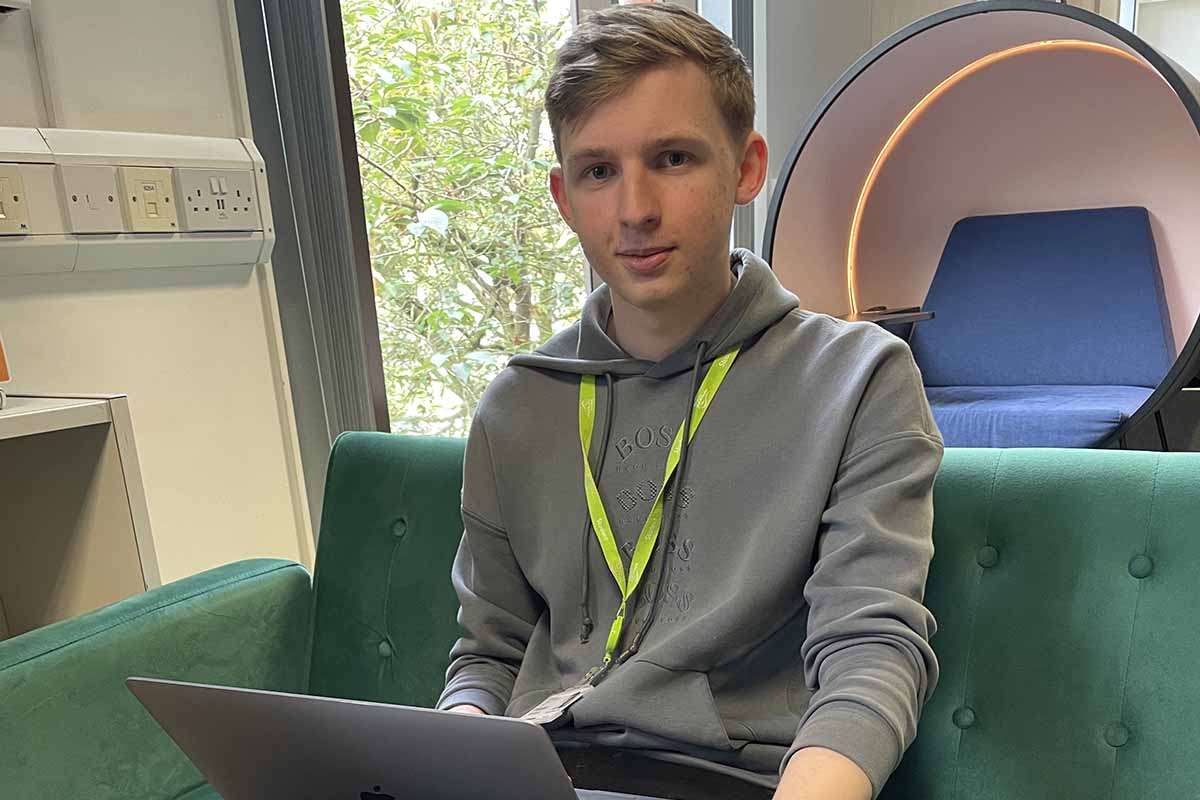
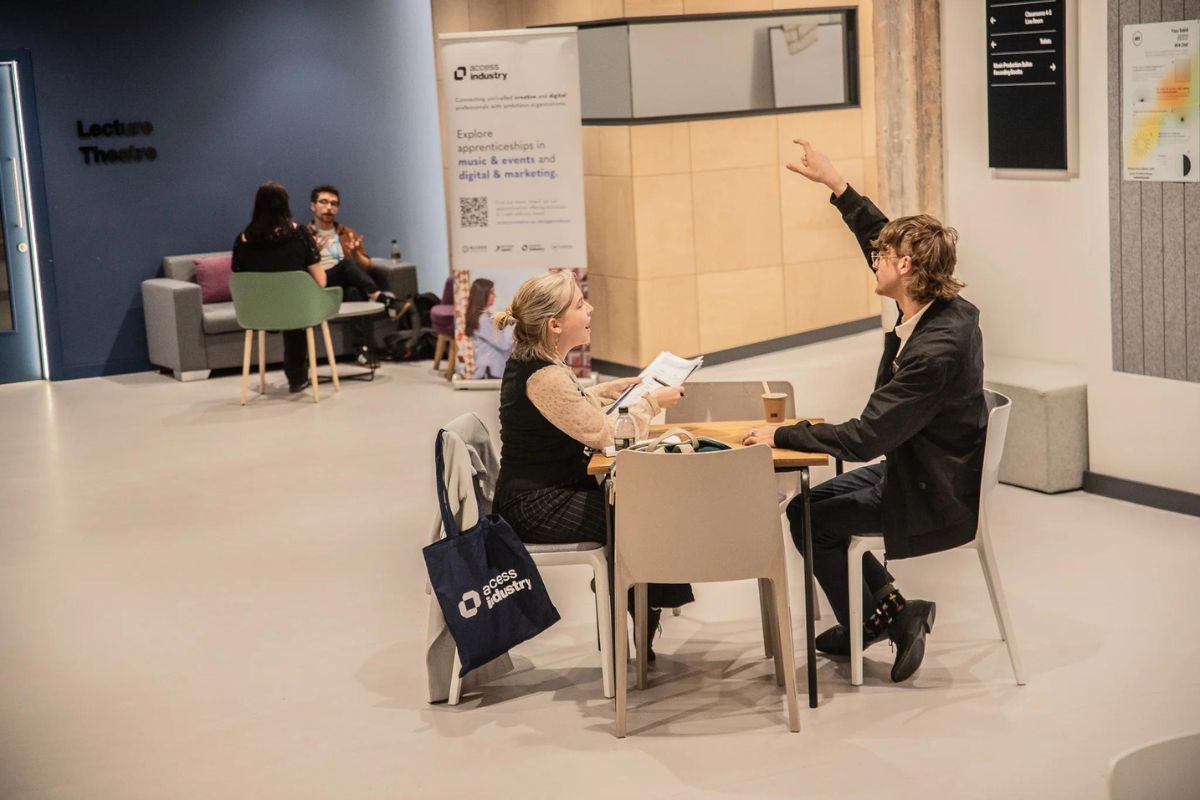




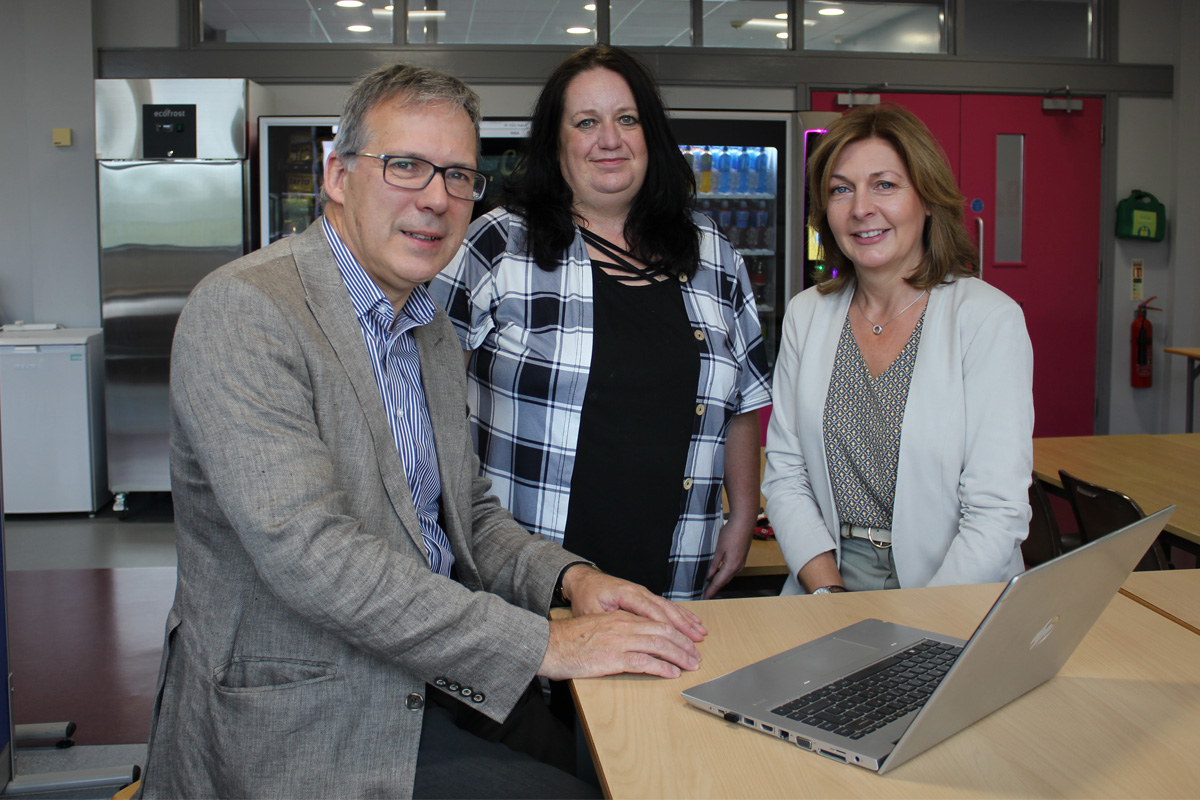
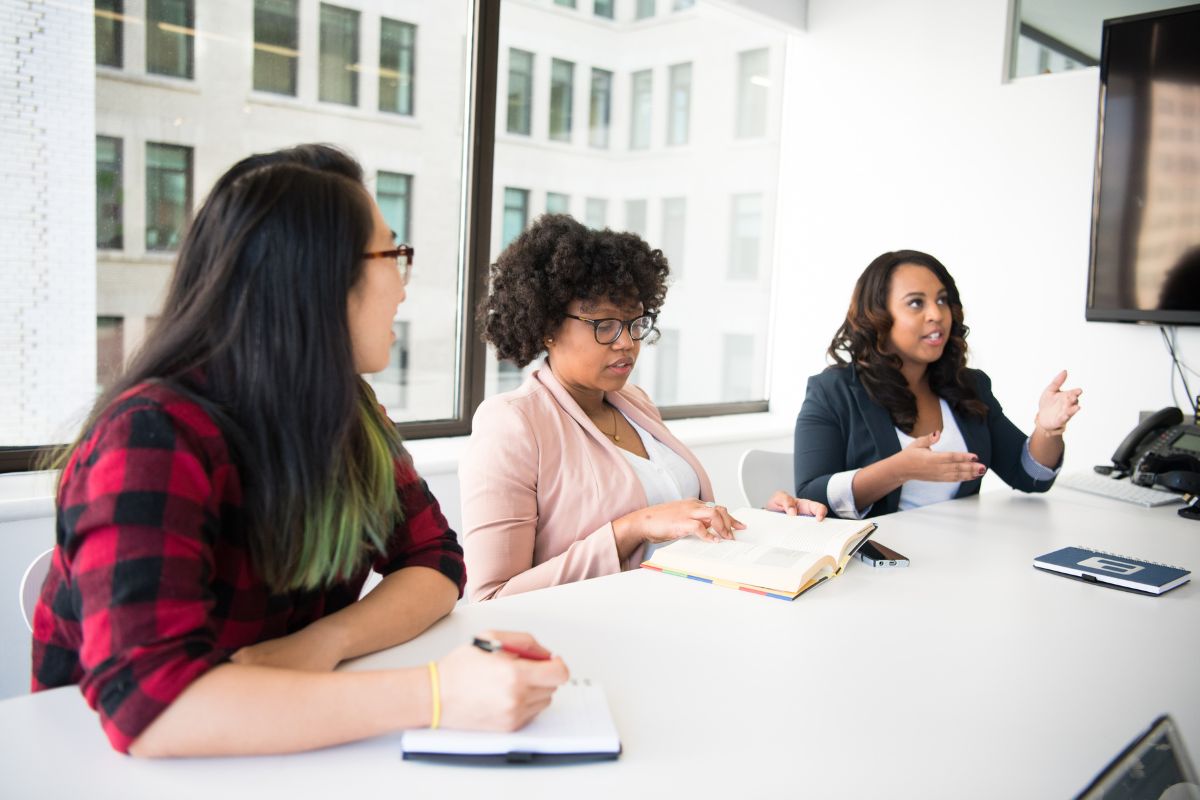

Responses